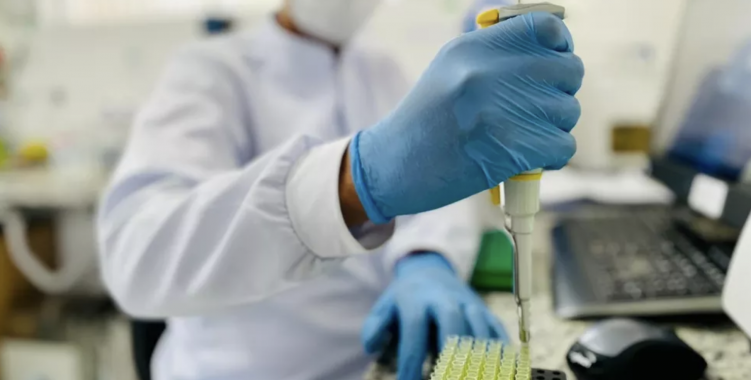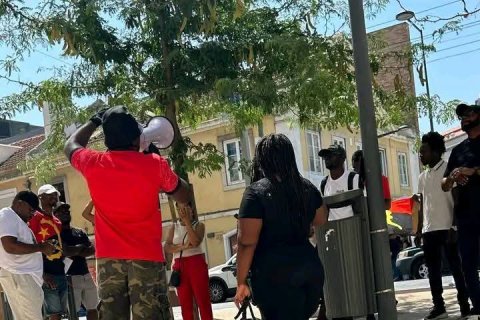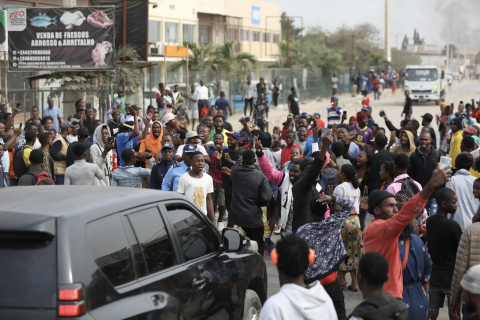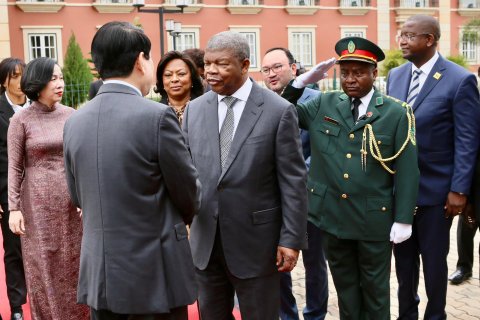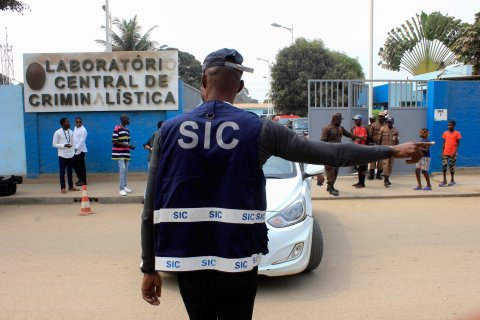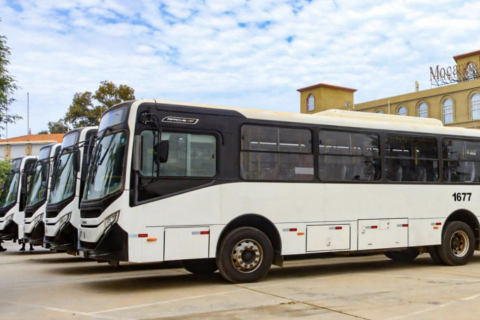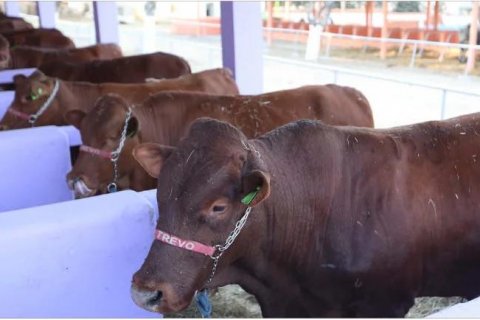The team includes forensic anthropologists Eugénia Cunha and Inês Santos and is led by Duarte Nuno Vieira, former president of the National Institute of Legal Medicine and professor at the Faculty of Medicine of the University of Coimbra, and is also accompanied by a specialist from the Judiciary Police.
The objective is to individualize the bodies found in a mass grave, about 20 kilometers from Luanda, for later identification through confrontation with the genetic material of the relatives, told Lusa Duarte Nuno Vieira, who hopes to join the mission in the coming days, after testing positive for covid-19.
Among these could be the bodies of Sita Valles and José Van Dunem, a young couple of leaders of the MPLA (Popular Movement for the Liberation of Angola), who were allegedly involved in the alleged coup of May 27, 1977, and who were killed in the repression that followed.
The individualization and identification of mortal remains could provide information on the circumstances in which their deaths occurred, indicating pathologies and possible injuries, added the specialist.
For now, there is no certainty about the number of bodies, assuming that there could be more than ten.
The bones have already been collected and are in forensic facilities where samples will be taken for DNA typing, after the bones have been studied to individualize the bodies.
Three samples will be collected per body, one to be processed in Angola, another in Portugal and another that will serve as a control.
Without wanting to put forward a date for the completion of the work, Duarte Nuno Vieira declared that the results will be presented "as quickly as possible".
"It is not possible to advance a date, it is a process that takes time. Everything may go well at first or there may be contamination and it will be necessary to repeat the analyses", pointed out the doctor.
The mass grave, in the Ramiros area, was visited earlier this month by the Minister of Justice and Human Rights, Francisco Queiroz, who spoke about the executive's intention to transform the site into a place of tribute "to those who perished and were buried so tragic".
Cited by Jornal de Angola, the also coordinator of the Commission for the Implementation of the Reconciliation Plan in Memory of Victims of Political Conflicts (CIVICOP), phase II, said that the site will be handed over to the authorities of the Provincial Government of Luanda and the Local Administration to proper treatment.
Francisco Queiroz acknowledged that the conflicts of the 27th of May were a tragic event that is not intended to happen again: "But it was necessary to have this moment that has its sensitive and strong character".
The bones of Alves Bernardo Baptista (Nito Alves), Jacob João Caetano (Immortal Monster), Arsénio José Lourenço Mesquita (Sianouk) and Ilídio Ramalhete Gonçalves, meanwhile delivered to the families and buried in the Alto das Cruzes Cemetery, were identified in this grave.
During their stay in Luanda, the Portuguese team, in addition to working together with the forensic doctors of the Central Criminalistics Laboratory, will have a working meeting with CIVICOP.
On 27 May 1977, an alleged attempted coup d'état, in an operation apparently led by Nito Alves — then former Minister of Internal Administration since independence, on 11 November 1975, until October 1976 — was violently repressed by the regime of António Agostinho Neto, the first President of independent Angola.
In a settling of accounts between leaders of the MPLA, which has governed Angola since the country's independence, and with the help of Cuban troops, the regime arrested and killed thousands of people, the total of which is still unknown.

